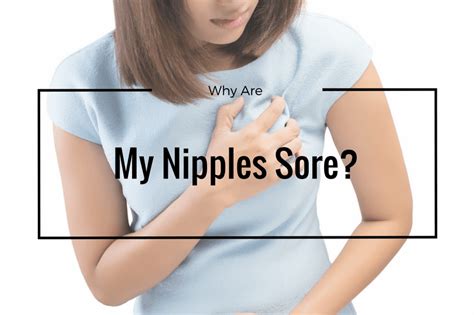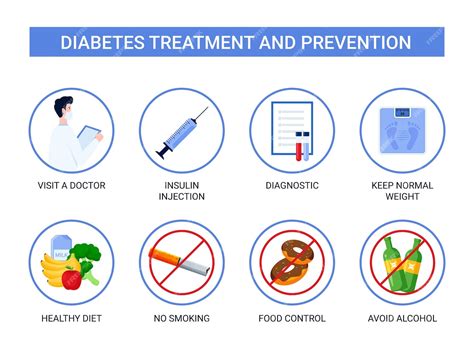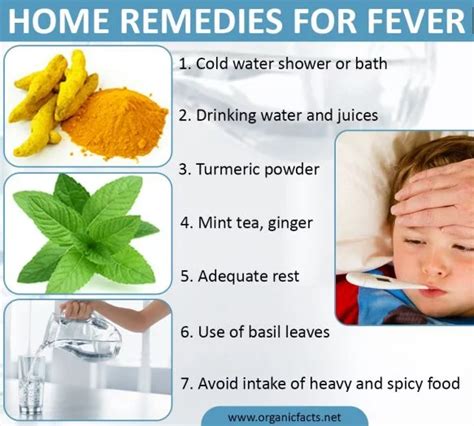Intro
Discover the causes of sore nipples, including breastfeeding, friction, and hormonal changes, and learn about relief remedies and prevention techniques for nipple soreness and sensitivity.
Sore nipples can be a painful and frustrating experience for many individuals, particularly those who are breastfeeding or engaging in activities that involve repetitive friction on the nipple area. The causes of sore nipples can be varied, ranging from hormonal changes to mechanical irritation. Understanding the underlying reasons for sore nipples is crucial in finding effective solutions to alleviate the discomfort and prevent future occurrences.
The nipple area is a sensitive part of the human body, rich in nerve endings and blood vessels. Any irritation or injury to this area can lead to pain and discomfort. For breastfeeding mothers, sore nipples are a common complaint, often resulting from improper latching or positioning of the baby during feeding. However, sore nipples are not exclusive to breastfeeding women; they can affect anyone who experiences friction or pressure on the nipple area, such as athletes wearing tight or ill-fitting clothing.
The importance of addressing sore nipples cannot be overstated. Not only can the pain be debilitating, but if left untreated, sore nipples can lead to more serious complications, such as infection or scarring. Furthermore, for breastfeeding mothers, sore nipples can discourage continued breastfeeding, potentially affecting the health and well-being of both the mother and the baby. Therefore, it is essential to understand the causes of sore nipples and explore the various treatment options available to manage and prevent this condition.
Causes of Sore Nipples

Sore nipples can result from a variety of factors, including but not limited to, breastfeeding issues, skin conditions, and mechanical irritation. For breastfeeding mothers, the most common cause of sore nipples is improper latching or positioning of the baby during feeding. When the baby does not latch on correctly, it can cause friction and pressure on the nipple, leading to pain and discomfort. Other breastfeeding-related causes include tongue-tie, where the baby's tongue is restricted, preventing proper latching, and overactive letdown reflex, where the milk flow is too strong, causing the baby to gulp and pull on the nipple.
Non-Breastfeeding Causes
For individuals who are not breastfeeding, sore nipples can result from a range of activities and conditions. Jogging or running in ill-fitting clothing can cause friction on the nipple area, leading to soreness and irritation. Similarly, individuals who engage in contact sports or wear tight clothing for extended periods may experience sore nipples due to mechanical irritation. Certain skin conditions, such as eczema or dermatitis, can also affect the nipple area, causing soreness and discomfort.Treatment and Prevention

Treating sore nipples often involves addressing the underlying cause of the condition. For breastfeeding mothers, this may involve working with a lactation consultant to improve latching and positioning techniques. Applying warm compresses or expressing a few drops of milk to help the nipple dry can also provide relief. Non-breastfeeding individuals can prevent sore nipples by wearing proper fitting clothing, applying lubricants to reduce friction, and avoiding activities that cause irritation.
Nipple Care
Proper nipple care is essential in preventing and managing sore nipples. This includes keeping the nipple area clean and dry, avoiding harsh soaps or cleansers, and applying nipple creams or ointments to protect the skin. For breastfeeding mothers, frequent feeding and expressing milk can help to prevent engorgement, which can contribute to sore nipples.Home Remedies

Several home remedies can provide relief for sore nipples. Applying a cold compress or an ice pack wrapped in a cloth can help reduce pain and swelling. Aloe vera gel or tea tree oil, known for their anti-inflammatory and antibacterial properties, can be applied to the affected area to promote healing and prevent infection. For breastfeeding mothers, expressing milk and applying it to the nipple can also provide relief, as breast milk contains antibodies and other properties that can help to heal and protect the skin.
Dietary Changes
In some cases, dietary changes may be necessary to manage sore nipples. For breastfeeding mothers, a balanced diet rich in nutrients is essential for maintaining healthy skin and preventing conditions that can lead to sore nipples. Increasing vitamin and mineral intake, particularly vitamins A, C, and E, which are known for their antioxidant properties, can help to promote healing and reduce inflammation.Medical Treatment

In severe cases of sore nipples, medical treatment may be necessary. This can include topical creams or ointments prescribed by a healthcare provider to reduce pain and inflammation. For breastfeeding mothers experiencing persistent sore nipples, a healthcare provider may recommend a nipple shield to help improve latching and reduce friction. In cases where sore nipples are caused by an underlying medical condition, such as a skin infection, appropriate treatment, such as antibiotics, may be prescribed.
When to Seek Medical Help
It is essential to seek medical help if sore nipples persist or worsen over time. Signs of infection, such as increased redness, swelling, or pus, should be treated promptly to prevent more serious complications. Breastfeeding mothers who experience sore nipples that interfere with feeding should also consult a healthcare provider or lactation consultant for guidance and support.Conclusion and Further Steps

Sore nipples can be a challenging condition to manage, but with the right approach, individuals can find relief and prevent future occurrences. By understanding the causes of sore nipples and exploring the various treatment options available, individuals can take proactive steps towards healing and maintaining healthy skin. Whether through home remedies, dietary changes, or medical treatment, there are numerous ways to address sore nipples and promote overall well-being.
Final Thoughts
In conclusion, sore nipples are a common condition that can affect anyone, regardless of their background or activities. By recognizing the signs and symptoms of sore nipples and seeking appropriate treatment, individuals can alleviate pain and discomfort, promoting healthier skin and overall well-being. Whether you are a breastfeeding mother or an individual experiencing sore nipples due to other causes, there is hope for relief and healing.What are the most common causes of sore nipples?
+The most common causes of sore nipples include improper latching or positioning during breastfeeding, skin conditions such as eczema or dermatitis, and mechanical irritation from activities like jogging or wearing tight clothing.
How can I prevent sore nipples while breastfeeding?
+To prevent sore nipples while breastfeeding, ensure proper latching and positioning, express milk frequently to prevent engorgement, and apply nipple creams or ointments to protect the skin.
What home remedies can I use to relieve sore nipples?
+Home remedies for relieving sore nipples include applying cold compresses, using aloe vera gel or tea tree oil, and expressing breast milk to apply to the affected area.
When should I seek medical help for sore nipples?
+Seek medical help for sore nipples if the condition persists or worsens over time, or if you notice signs of infection such as increased redness, swelling, or pus.
Can sore nipples be a sign of an underlying medical condition?
+Yes, sore nipples can be a sign of an underlying medical condition such as a skin infection, thrush, or a hormonal imbalance. If you experience persistent or severe sore nipples, consult a healthcare provider for proper diagnosis and treatment.
We hope this comprehensive guide to sore nipples has provided you with valuable insights and practical advice for managing and preventing this condition. Whether you are a breastfeeding mother or an individual experiencing sore nipples due to other causes, remember that there are numerous resources available to support you. By sharing your experiences and tips in the comments below, you can help others who may be going through similar challenges. Don't hesitate to reach out to healthcare professionals or lactation consultants for personalized guidance and care. Together, we can work towards promoting healthier skin and overall well-being for everyone.
